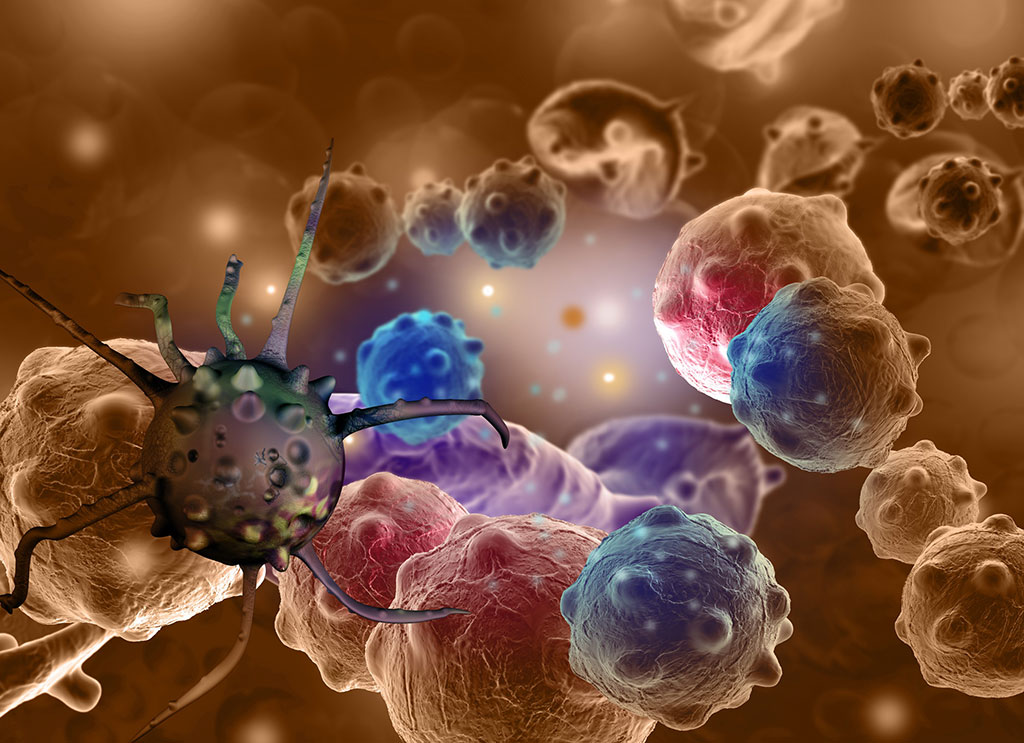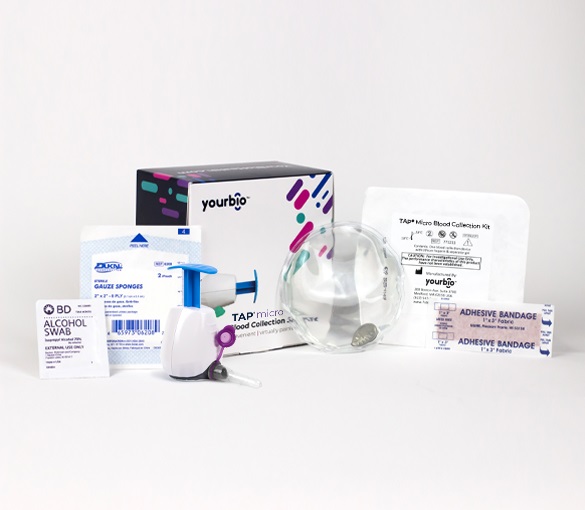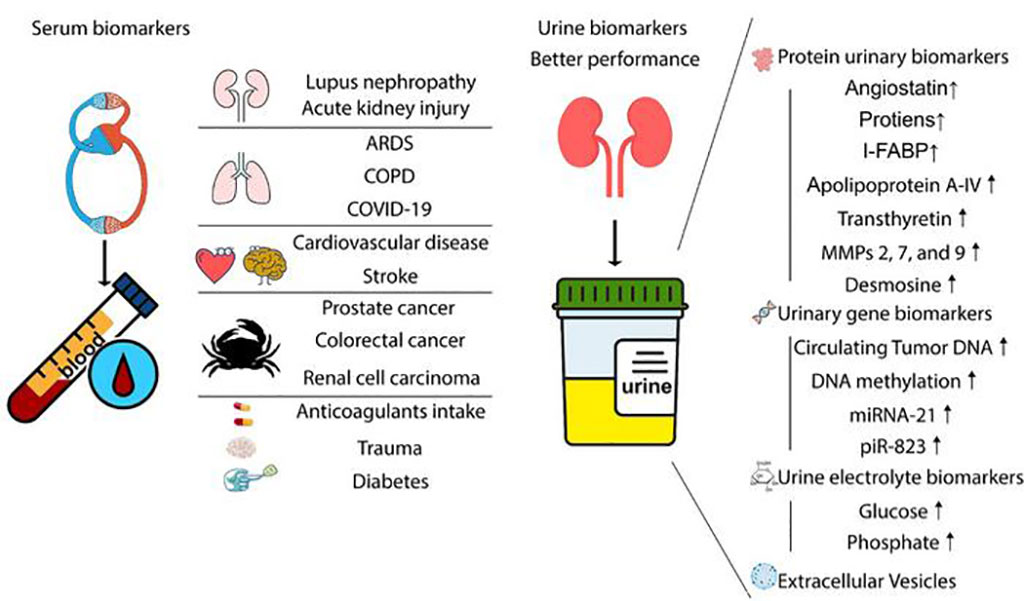Pathology



New Pathologic Scoring System Accurately Detects Remaining Lung Cancer after Presurgical Treatments
Researchers have developed a new pathologic scoring system that accurately evaluates the amount of lung tumor left after presurgical cancer treatments, which can be vital in predicting patient survival. More...10 Nov 2023

.jpg)

AI-Powered Cervical Cell Analysis System Aids Early Cancer Detection
A novel cervical cell analysis product helps overcome the limitations of HPV testing by offering detailed insights into the stages of cervical pre-cancer and cancer, using cervical cytology as a screening method. More...27 Oct 2023
In Other News
AI Tool for Automatic Colorectal Cancer Tissue Analysis Outperforms Prior Methods
Laser-Based Imaging Technique Enables Much Faster Tissue Diagnosis during Tumor Surgery
Robotic Platform Enables More Accurate Diagnosis of Cancer Cells

Novel Synergistic Platform Accurately Detects Viruses at Lowest of Concentrations
New Reagent Aids in Diagnosis of Connective Tissue Disease in Hard-to-Detect Autoimmune Conditions
Innovative Technique for Distinguishing Tumor from Normal Tissue to Improve Surgical Resections
World’s First Portable, Non-Invasive WBC Monitoring Device to Eliminate Need for Blood Draw
Taking Less Blood for Lab Testing Reduces Transfusions in Intensive Care, Shows World-First Clinical Trial
AI Identifies Advanced Lung Cancer Patients Who Respond to Immunotherapy
Non-Invasive Urine Test for Bladder Cancer Could Eliminate Need for Painful Cystoscopy
New AI Algorithm for Use on Eight Types of Cancer Trained on Seven Scanner Models
New Rapid-Live Screening Microscopy Technique Enables Early Detection of Treatment-Resistant Cancer Cells
Groundbreaking Blood Lancing Device Obtains Microliter Capillary Whole Blood Samples Painlessly
World’s Largest Image-Based AI Models for Digital Pathology and Oncology to Fight Cancer
Widely Available Blood Tests Enhance Diagnostic Sensitivity of Fungal Infections
AI-Powered H&E Analyzer Predicts Immunotherapy Treatment Outcomes in Lung Cancer
Handheld Pen Enables Real-Time Tissue Identification during Surgery
IVDR-Certified Mass Spectrometry Diagnostic System to Transform Detection of Monoclonal Gammopathies
Breakthrough Report for Microbiology Lab Results a Game-Changer for Infectious Disease Treatment

Portable Device to Quickly Detect Bacterial Pathogens Using New Optical Signature
AI Model Predicts Brain Cancer Outcomes by Assessing Stained Images of Glioblastoma Tissue
New Method Aligns Data from Tissue Slices Virtually to Expand Possibilities for 3D Analysis
Simple Mouth Rinse Test Provides Early Cardiovascular Disease Warning Signs
The Pathology channel details advances in the field of Surgical Pathology and all its subspecialties, including Cytopathology and its subspecialties.










